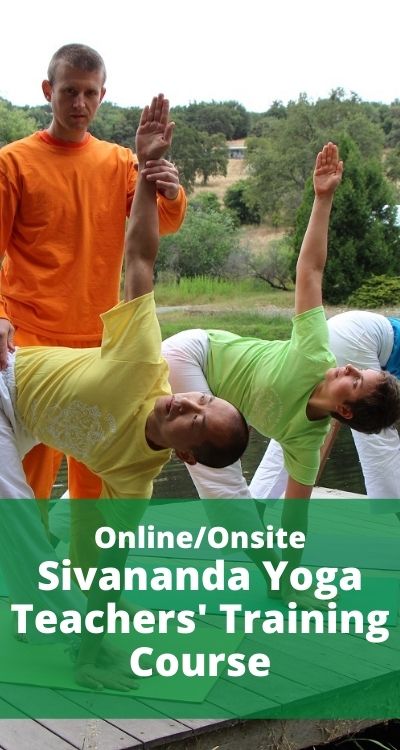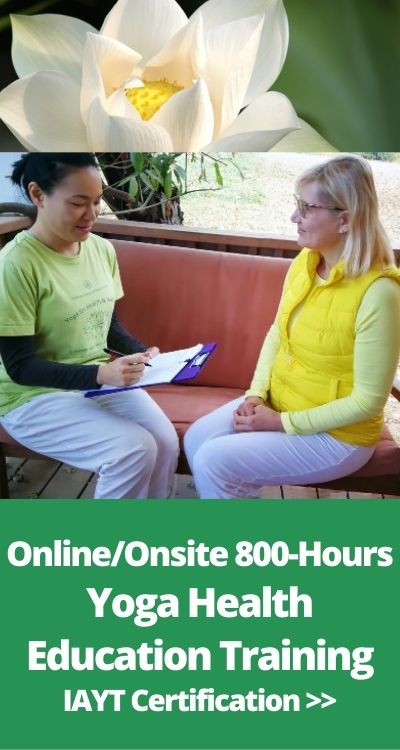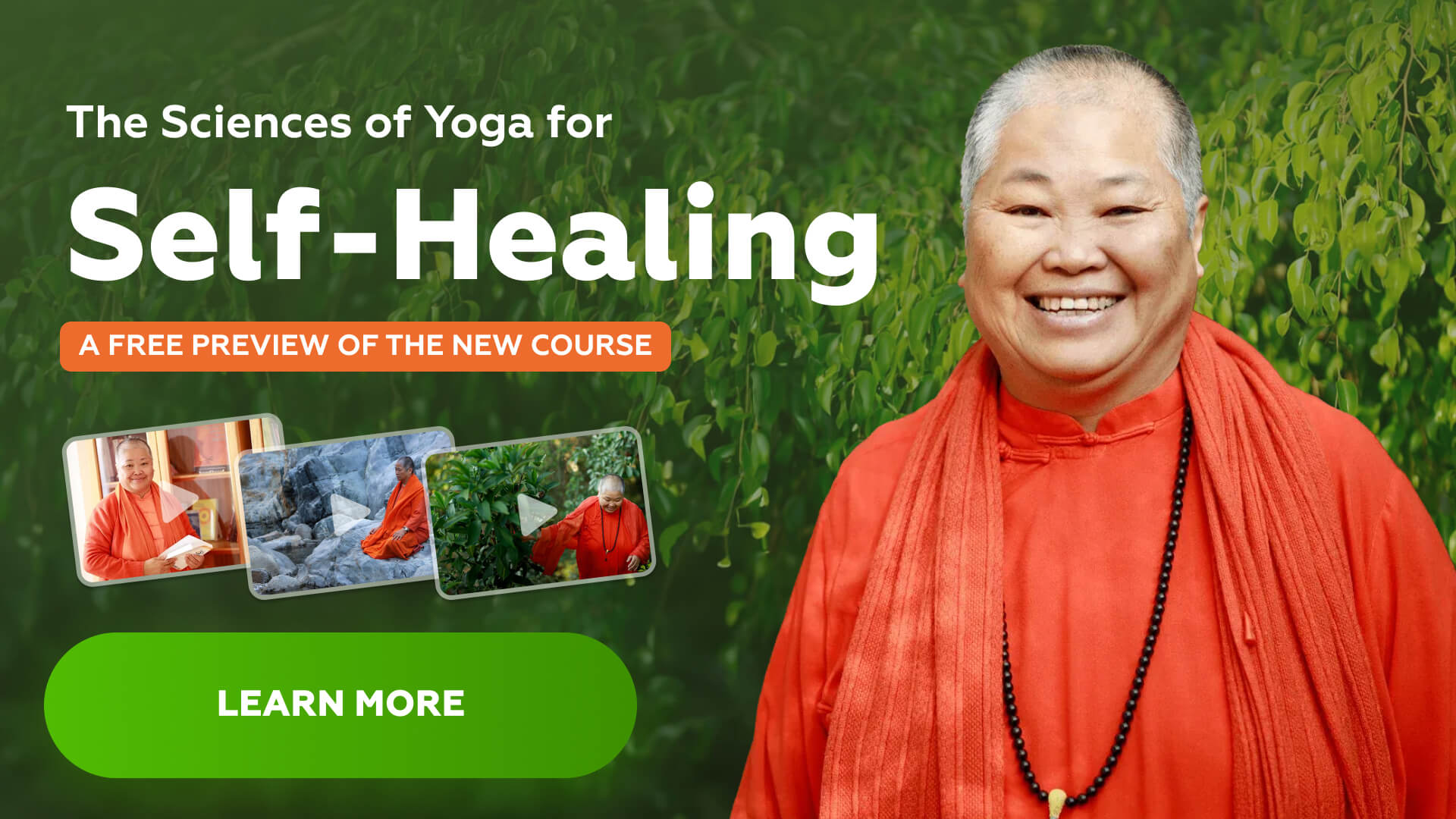In our last article, we spoke about ways to increase our Prana (vital life force). Today, we will talk about conversing our prana. Prana is present in every mental and physical event. It flows from spirit, or pure consciousness, to bring intelligence and awareness to every aspect of our life.
Beyond relatively well-known terms such as ‘Prana’, ‘Chi’ and ‘spirit’, our life-force ‘bio-energy’ has been known by a multitude of names around the world – the Tibetans call it “rLung”, the Hebrews resonate with it as “Ruach Ha Kodesh” or Breath of God, in Islam it is “Ruh”, in Greek it is “Pneuma” or vital breath, in Latin it is “Spiritus Sanctus” or Holy Spirit. While the names may be many, what is universally agreed on is that the more Prana you have, the more vital the mental and bodily processes will be.
Prana is Everywhere
Even though prana is everywhere just like water is everywhere around a fish, that does not mean it is easy for us to recognize it, use it properly and conserve it. We have to put in a conscious effort to store this vital life-giving energy that is around and within us. In Yogic and Vedic culture, the body, mind and the life force we receive is perceived as a product of consciousness and a divine gift to take care of preciously. Conserving prana is considered extremely important. A healthy life, as measured by the conservation of Prana, demands the following: fresh food, pure water and air, sunlight, moderate exercise, balanced, refined breath, non-violent behavior and a reverence for life, loving, positive emotions; and regulation of emotion.
Physically, we can travel less, live around nature and eat fresh natural foods. Eating packaged, canned, processed and frozen foods deplete our prana. Eating non-vegetarian foods, microwaved foods or foods that are over a day old not only give no prana, but take more prana to digest. Drinking soda, coffee and alcohol give a chemical high, but no prana. Swimming in chlorinated pools, too much sensual and sexual activity all deplete our prana. Always being indoors with artificial light, watching TV and computer screens also add to having less prana. Computer games stimulate, but give no prana.
Breathing polluted air, noise pollution, smoking, too much talking all deplete our prana. We should avoid places that have no prana – Hospitals (depressed thoughts), train stations (stressful, incoherent thoughts), bars and clubs (hopelessness, promiscuous thoughts), and casinos (greedy thoughts).
How not to lose prana
Mentally, we need to silence the mind and practice positive thinking. Negative emotions such as resentment, frustration, fear, anxiety, worry drain prana. Emotional outbursts waste a lot of our pranic resources. We need to channel our emotions into devotion. Having faith in a concept bigger than us also helps converse our prana. This implies believing in a higher power like our Higher Self, God, or Universal Consciousness that is the ultimate power in control, not us. Surrendering to the higher power and accepting life and its twists and turns goes a long way in conserving our Prana and increasing our life span.
Not knowing how to expend prana wisely is like making a lot of money, yet always being in debt. So conserving prana by right living and right thinking, and storing prana for rainy days is wise. The adage: “Don’t sweat the small stuff” refers to this capacity to forgive, forget and detach that ultimately works towards conserving our prana.





Trackbacks/Pingbacks